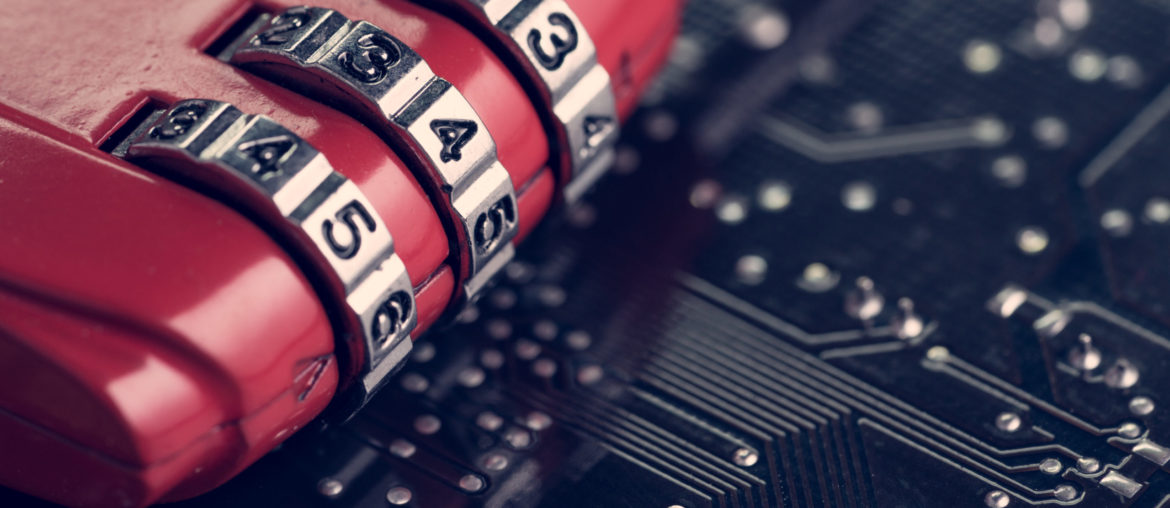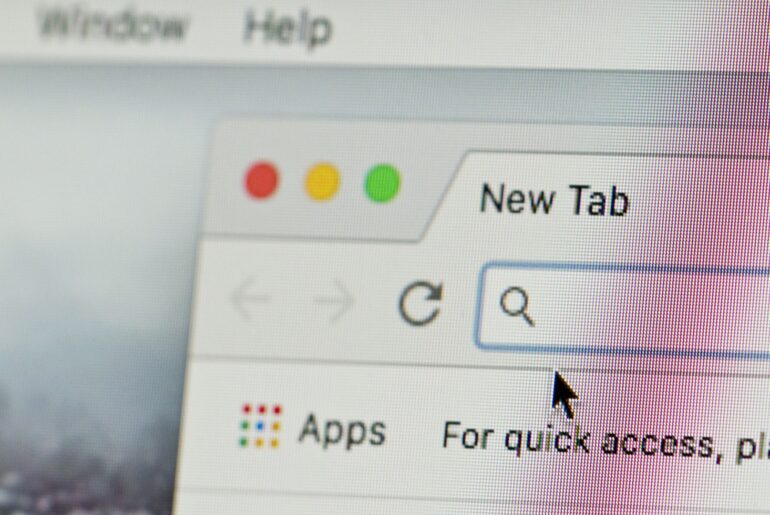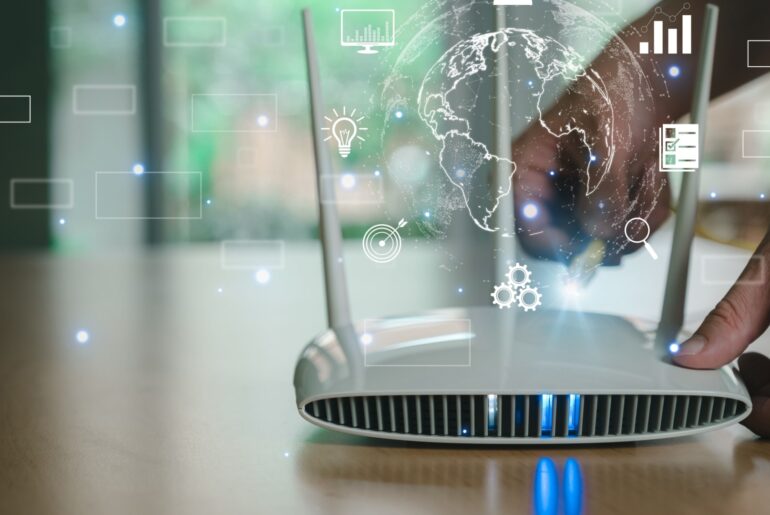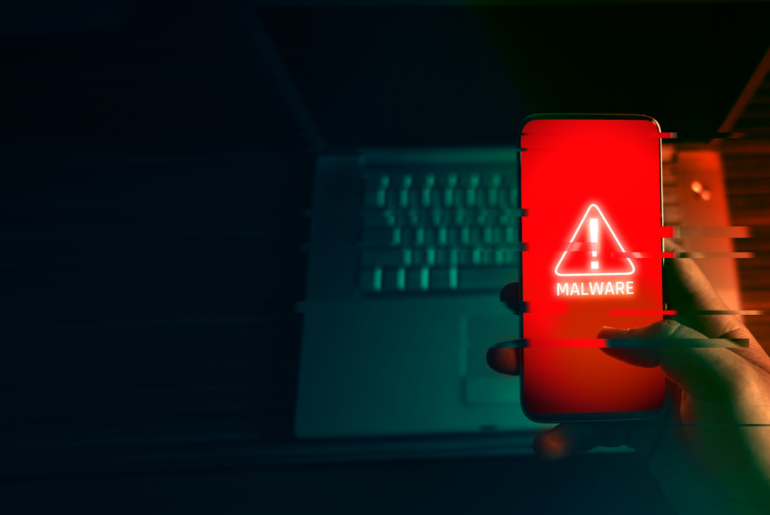As the world becomes more and more technologically driven, people are tethered to the digital world. That said, it is difficult to overstate the importance of encryption in today’s society. Encryption is what protects your data, your financial details, your messages, your phone conversations…you get the idea! Ultimately, encryption is THE protocol that guards your online privacy. This is why you should use VPN encryption.
Considering the numerous online activities we engage in, we should continuously aim to adhere to the highest standards of security. We call this having good #SecurityHygiene.
Accessing public Wi-Fis, such as at your local coffee shop, hotel, or airport, is risky. So is downloading files on unsecured connections. And opening strange email attachments. These seemingly innocent actions can leave you vulnerable to threat actors of all sorts.
Security Threats to Your Data
It is hard to undersell the drastic security threat that just using the Internet can pose today. If you aren’t using a VPN, access to any server could be a gateway to identity theft, ransom, or worse. In fact, devices that used to be fairly safe because of their simplicity have become security nightmares.
And that makes sense. A fundamental truth when it comes to being on the Internet is that convenience is the enemy of security. The easier it is to access important data, the larger chance that it will become a threat. It’s a central theme of the entire cyberpunk genre, just to name one example from pop culture. More importantly, Internet security experts will also tell you that data needs to be hard to access, even your own.
Part of the reason you should use a virtual private network is that a VPN gives you “bang for your buck” when it comes to Internet security. You are taking on very little inconvenience with a VPN, but getting a lot of data protection. A VPN can’t protect you from every security threat, but it can mitigate a lot of Internet risks.
Is the Internet Still Free?
This is an important question. When you talk about Internet access, how “free” is free? Obviously, you pay for your Internet provider to allow you that access, and you probably pay for at least some form of online security, but are you getting the data protection you expect?
There are many countries where the Internet is far from free. China, Russia, Turkey, Myanmar, and others around the world severely limit access for their citizens by exerting control at the server level.
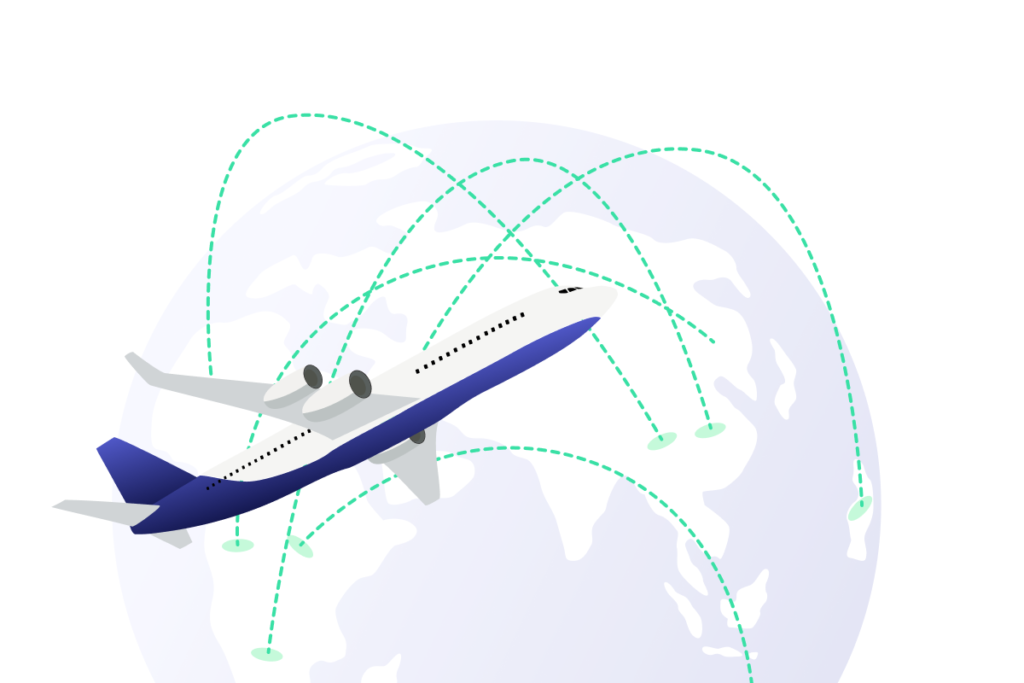
A VPN Hides You From Your ISP
Even in liberal democracies like the United States, companies can often exert control over your Internet connection to serve their own purposes. Your ISP might be throttling your connection to certain websites. Because of the repeal of Net Neutrality regulations in 2017, they are allowed to limit server access at will.
Fortunately, you can prevent your Internet provider from being able to even see what sort of data you’re transferring with a VPN. The encryption you get with a high-quality VPN like PrivadoVPN sends all of your data through an encrypted tunnel. While your Internet provider can see data being transferred, it can’t tell what is coming or going to the VPN server. A lot of VPN users find that they get much faster Internet speeds when they use their virtual private network.
Potential Threat Actors
2020 was an enormous year for cybercrime. The number of security breaches and attempted security breaches increased by orders of magnitude. We learned very quickly how dangerous the Internet could be, especially without a VPN.
The COVID-19 pandemic had a huge impact on online security. Not only were hackers more likely to find access to data that was previously unavailable due to people working from home, but governments increased surveillance in the name of public safety. Many people found that devices that normally had limited access worked unhindered from home.
However, that additional access came with a number of security risks. Suddenly a protected server or firewall didn’t stand between you and the Internet. Company and personal data were much more vulnerable. And even your ISP could theoretically access work data without a VPN to protect it.
Risks You Might Be Facing That a VPN Can’t Always Protect You From
That doesn’t even cover the threats that even a VPN can’t entirely protect you from. That’s why it’s so important to be aware of your online activity. Yes, absolutely always use a VPN to protect your data, but also be careful what sites you access. Internet security is a constant struggle.
Malware
Malware is a great example of a threat a VPN can’t always protect you from. Sure, it can prevent malware from getting access to your system…unless you invite it in.
The thing to understand about malware is that most of it is installed by legitimate system users. They are normally not cognizant that they’re risking everybody’s security, but hackers are experts at getting somebody with access to help them.
The particularly virulent form of malware called “ransomware” has become very popular. This is a form of blackmail where somebody’s data is encrypted and the key is only available if they pay a certain amount of money. Enormous operations have been ground to a halt because of ransomware.
Juice Jacking
Less popular, but still dangerous, is “juice jacking.” This is a cyberattack where a compromised physical connection in a public place is used to steal people’s data. Since a USB cable can transfer both power and data, it’s easy to set up a fake charging port, and then access any devices plugged into it. Even a VPN can’t protect you when you plug your devices into a compromised system.
These are only the tip of the iceberg. That’s why you should not only have a VPN, but also good anti-virus software, a solid firewall, and an ad blocker, just to start. These will make going online a little less convenient, but again, convenience is the enemy of security. If you want to keep your data safe, you need to get the right tools.
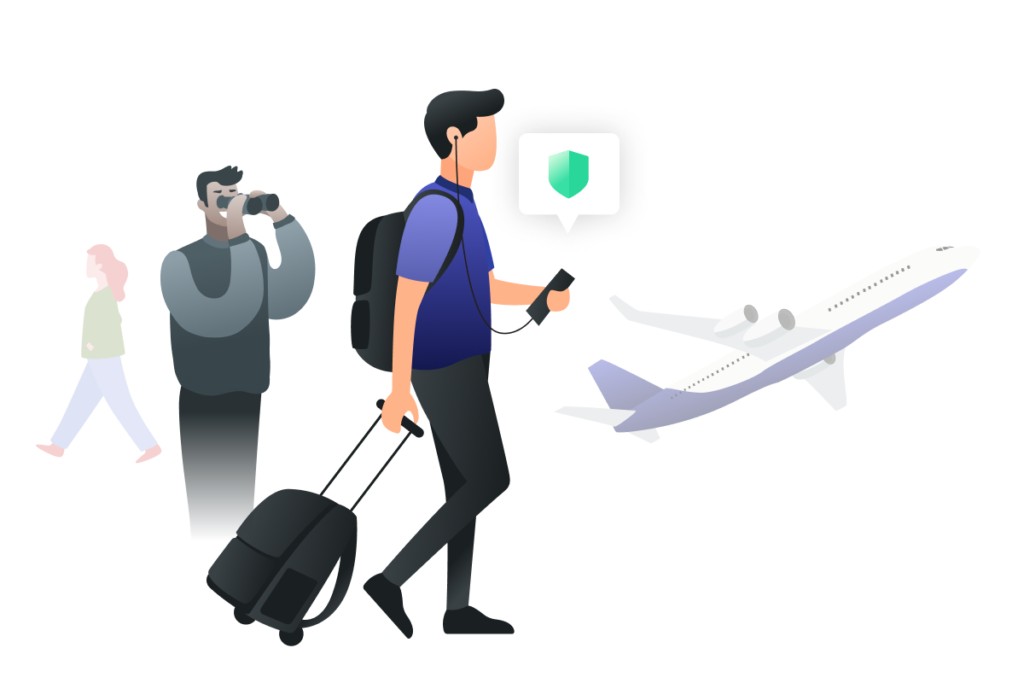
What Can a VPN Do?
We get it: you have a busy life. It is cumbersome to continuously think of digital security. However, there is a simple solution.
Having a VPN on your devices when using public networks is the easiest way to stay protected. It eliminates the risks of identity theft and online fraud. This was true ten years ago and it is even more relevant today.
A VPN with strong encryption is the tunnel that can keep your data safe online. This is the case whether you’re accessing the Internet from home or in public. While it can be tempting to overlook certain safety protocols like connecting to a VPN server, without encryption, a millisecond of connection is all it takes to hand out your data.
But that’s only the beginning of the benefits you get from having a VPN on all of your Internet devices.
Faster Speeds with a Virtual Private Network
As we mentioned above, your Internet provider might be artificially limiting your data transfer speed. A VPN makes this impossible through the use of an encrypted tunnel. This tunnel makes it so nobody, not even your ISP, can see what you’re doing online.
Better, Safer Gaming
A VPN can also make gaming that much better. Latency makes online games almost unplayable, so you need a fast connection. But you also need a secure connection to the game server.
Even devices like consoles can be targeted by cyberattacks without a VPN. A popular attack recently is to hijack a person’s game devices, be they console, computer, or phone, and use them to launch DDoS attacks on other people.
Other than making you party to a cyber attack, this also can slow down your connection. A VPN can protect your connection so that your data can’t be read by threat actors. Further, a VPN server is better equipped to handle that kind of onslaught. So even if you’re the target, you won’t notice a slowdown in play.
Access the Dark Web Safely with a VPN
The so-called “Dark Web” has a sinister reputation, and that’s not entirely unfounded. But there are also some great, useful .onion sites. The Dark Web can be a haven for the security-minded if you know where to look.
Using a VPN and the Tor browser makes it easy to access the Hidden Wiki and related Dark Web sites. Not only do you get the anonymity of the Onion Network, but also the encryption of a VPN.
Use a VPN to Block Threat Vectors
An unsecured connection can put your data at risk. When you connect to a VPN, you are effectively blocking a number of potential threats.
Certain types of ads can contain malware or tracking programs. A VPN can bolster your security against those and filter out the most dangerous. Combined with an ad blocker, a good VPN can prevent you from being tracked by marketers almost entirely.
You also get protection from a VPN when you do common, but risky things like use public WiFi. It may be convenient, but your data can be stolen in so many ways while you’re connected.
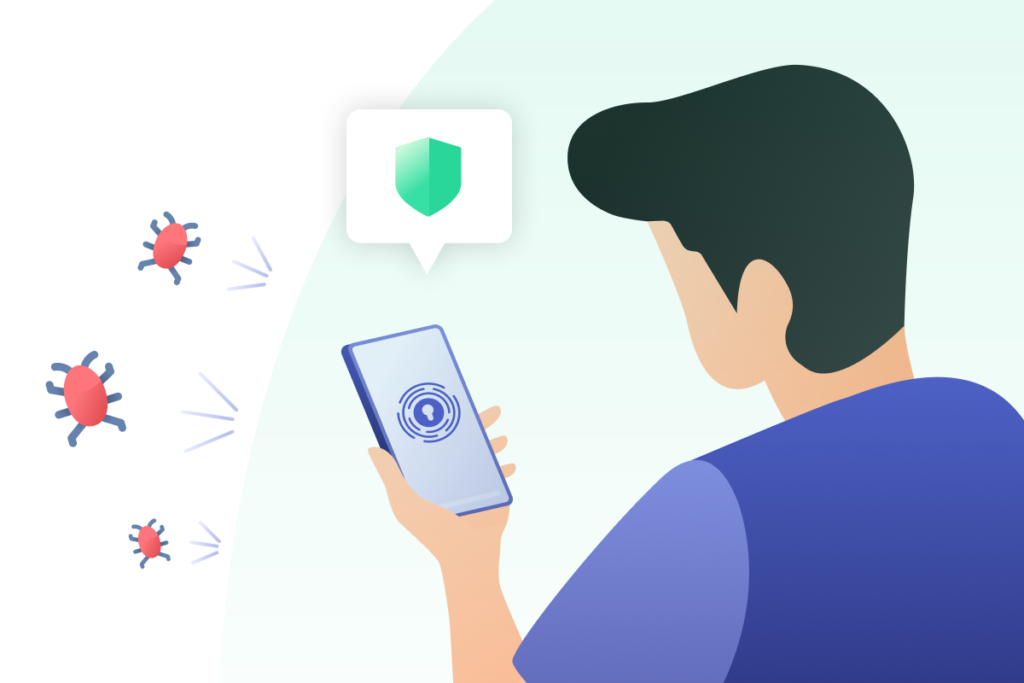
Privacy: A Fundamental Right
Like any other fundamental right, you should not overlook your digital privacy. Many argue, “If I am doing nothing wrong, then I should have nothing to hide.” This is perhaps one of the most flawed and irrational arguments used against encryption and confidentiality products.
Privacy is not an act of hiding malicious activities; it is the right to make one’s own choices without being observed. In 1890, the technological developments of that time, (photography, combined with what was then called “yellow journalism”; or in today’s verbiage, “fake news”), led future U.S. Supreme Court Justice, Louis Brandeis, to publish the first explicit declaration of a right to privacy in the United States in the Harvard Law Review. Brandeis wrote, “The right to privacy is the right to be let alone”. Fast forward to today and that right is enshrined in over 150 national constitutions.
Privacy in Today’s Political Climate
The global surveillance disclosures of 2013 started an international debate concerning online privacy. Years later, we’re starting to see some progress. Finally, governments recognize your right to have more control over your online information. Many also want to stop businesses in the private sector from illegally profiting from your data.
A person should be able to surf the Web from the comfort of their own home without their ISP logging their movements, recording visited sites, and tracking downloaded content. Most people would find it unconscionable if they couldn’t have confidential conversations with friends and family members in the sanctity of their own homes. The same level of privacy you expect in your personal life should also apply to your online life.
What Steps Can You Take Now?
Emerging technologies are altering the balance between privacy and disclosure. They need to be employed to protect individual rights, not used to erode them. We believe that your privacy, such as the websites you view, the people with whom you communicate, your personally identifiable information, and your online records should be protected at all times.
Protocols that Can Benefit from a VPN
You should absolutely make use of a VPN to help protect your Web data, but there are plenty of other online protocols that can benefit from additional security.
Usenet is a great place to utilize a VPN. Depending on your provider, your connections may or may not benefit from SSL encryption. Regardless, protecting your Usenet-connected devices with a VPN will help keep your data private.
Similarly, peer-to-peer file transfers require that both sides know one another’s IP addresses. This is a huge risk factor. Instead, transferring that data through a VPN can mask your identity and encrypt the file in transit.
These are only some of the many ways that a VPN can benefit you online.
VPN for Mobile Protection
Your mobile devices should always be connected to a VPN. When phones just made calls, they were reasonably secure. Now that they do everything, security vulnerabilities are endless.
A good way to avoid being the victim of a cyber attack on your mobile device is to always use a VPN. Particularly make sure the Kill Switch feature is turned on so you don’t send a single bit of unsecured data when you’re out and about.
Why a Private Browser Isn’t as Good as a VPN
There are a number of private browsers available online, and most are pretty good. They provide additional security and prevent users from taking advantage of convenience-enhancing, security-destroying features.
However, for several reasons, it’s not enough to protect yourself online. Private browsers and “incognito modes” are great for preventing local records from being kept, but they do nothing for outside logs. For that, you need access to a VPN.
Confidentiality in the digital world is synonymous with liberty and should not be taken lightly. That is why you should act now to secure your data with a VPN.
PrivadoVPN operates in Switzerland, a jurisdiction outside of the United States with more stringent laws to protect your privacy. We follow the lead of late Justice Brandeis and strongly believe that while you are online, “you have the right to be let alone.” We look forward to protecting you.
Download PrivadoVPN
Protect your privacy with a world-class VPN. Sign up for premium access to PrivadoVPN and get unlimited monthly data, access to 300+ servers from around the world, and up to 10 simultaneous connections. Get a top-rated VPN that can secure your privacy at home, at work, or on the go.
Sign up for PrivadoVPN today!

